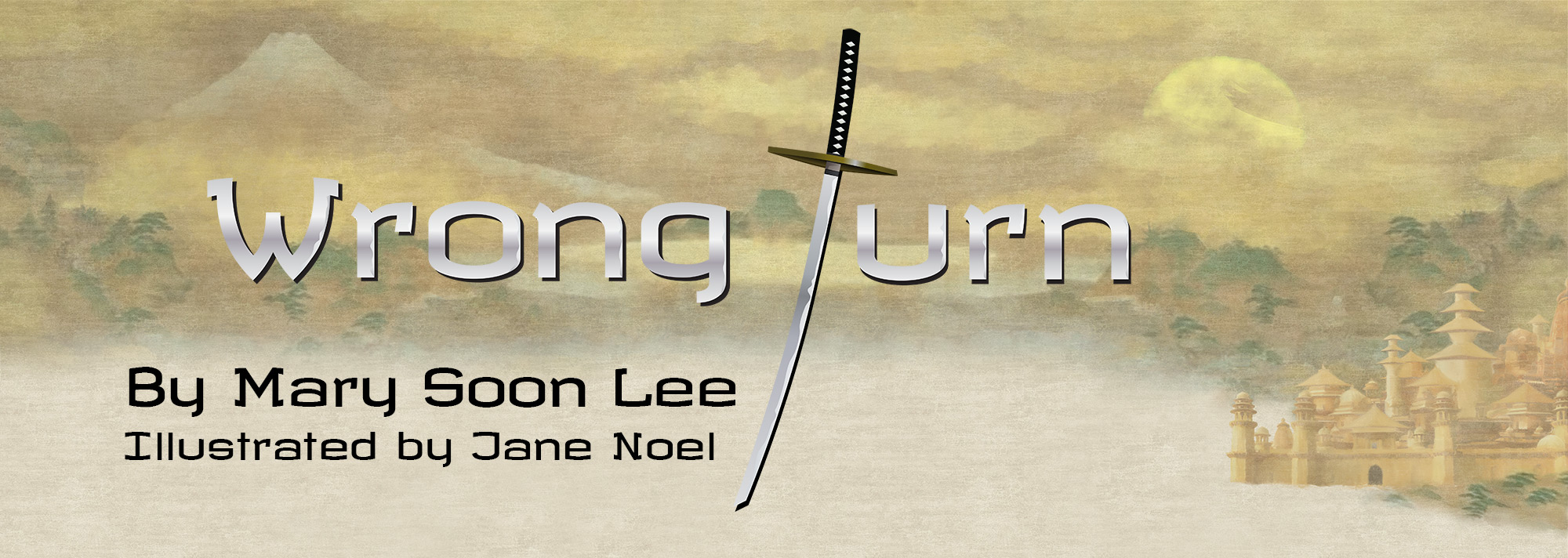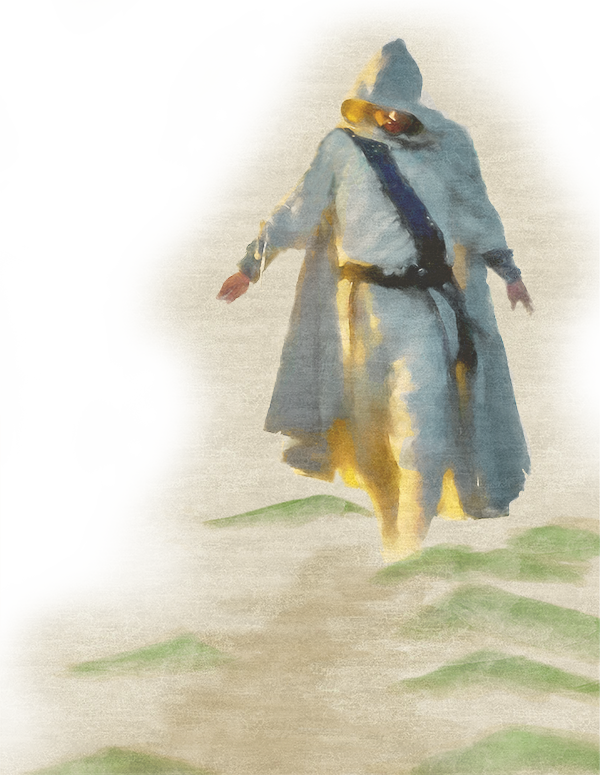 |
In Jozhou, the city of gold, in the eighth winter of the reign of the Tiger Emperor, a thousand dramas unfolded: betrayal, passion, one life ending, another squalling to announce its arrival. Each drama fiercely important to its participants, most of little account to anyone else. Wretched and retching, a young man hunched over a filthy gutter. When his heaving stopped, he wiped his face with his sleeve, and sat down on the yellow bricks for which Jozhou was famous. No one paid him attention, his troubles not theirs. After a while, Cheng cupped his hands in front of him and begged. A few passersby threw coins without meeting his eyes. At dusk, the temperature plummeting toward freezing, Cheng's hands shook as he held them out. This reversal, this misfortune, Cheng's own fault. That knowledge worse than his bruises, a sick feeling that held him where he sat, thinking his story as good as ended at the age of twenty-two. An old man in faded silk robes paused and stared at him quietly, but gave him nothing. The old man walked away, came back soon after carrying a bowl of tea, set it down by Cheng. "Drink," said the old man. Cheng drank, the tea cooling but the flavor good, smoky and strong, steadying his stomach. The old man waited in silence until Cheng had finished the tea before asking, "Can you walk?" "Not very far," said Cheng, and then, belatedly, he dipped his head, and muttered, "Thank you for the tea." "My rooms are nearby. If you need shelter, you may
come." The old man picked up the empty tea bowl, put it in a deep pocket
of his robe. Waited. |  |
Cheng tried to gather his thoughts from out of his misery. What did the old man want? Did Cheng remind him of one of his sons? Or did he think to bed him? Either way, it didn't matter. The captain had taken Cheng's weapons before beating him and kicking him out of the guards, but even so Cheng could deal with an old man.
Cheng pushed himself upright, his ribs and his belly protesting, and followed the old man. The old man's rooms proved to be above a horse stable, and Cheng had to pause twice on the narrow stairs, panting shallowly. The old man opened the door, bowed Cheng inside, lit the lamps.
The main room was surprisingly spacious, the chairs and table carved from pear wood, the enameled brazier decorated with a pattern of lotus blossoms. On the wall near Cheng hung a fine sword, a very fine sword, the sword's steel patterned as if by flowing water. A blade such as the Imperial Guards wore, a blade such as Cheng had worn.
The old man filled the brazier with coals, set them burning, gestured to the chair nearest the warmth. "Please be seated. My name is Shao. How badly are you hurt?"
"I'm Cheng. Cuts and bruises, maybe broken ribs."
"May I see?"
Cheng hesitated, wondering again what the old man wanted, then undid his robe. Maybe later he could talk Shao into lending him enough money to start over in another city.
The old man's fingers were gentle, but even so Cheng grunted in pain, struggling to hold still as Shao touched his bruises.
"Sorry," said Shao softly. The old man brought water and a towel, washed Cheng's cuts, fetched a clean robe, gave it to him. "Are you hungry?"
"Yes," Cheng mumbled. He turned his back, changed, sat down again.
Shao asked no more questions, took out a pan, added water, spices, flat noodles, an egg.
No one had cooked a meal specially for Cheng since he'd joined the guards. He thought of his mother cooking duck for him, the night before he left. Cheng hadn't gone home since, not even for New Year, had written only once. The pan's steam made his eyes sting. He looked away. "That sword—were you an Imperial Guard?"
"For twelve years." A note of pride, Shao's eyes on the sword, his back straighter, taller.
"And then?"
"A military examiner." Shao heaped the noodles in a bowl, passed it to Cheng with a pair of chopsticks, cleaned the pan while Cheng ate.
"Thank you," Cheng said when he was done. "Could you—" he looked across at the other man, tried to bring himself to ask for money. Failed, his face flushing in shame. "I'm sorry. I'm very tired."
"Of course." Shao bowed deeply, showed Cheng to a small bedroom, withdrew.
In Jozhou, the city of gold, in the eighth winter of the reign of the Tiger Emperor, a thousand dramas unfolded. Many a man was brought low that winter by misdeed or misadventure. Adulterers were exposed, gamblers ruined, the wealthiest silk merchant was impoverished when his warehouse caught fire. The emperor's eighth son was thrown from his horse due to a guard's carelessness.
Cheng, the Imperial Guard whose error had unhorsed the emperor's son, woke when the first light paled the paper window. Grunted once as his body reminded him of the beating he'd received. Grunted a second time as he remembered the old man, Shao, as he thought of the fine sword hanging on the wall in the other room.
A sword like that could change a man's life.
Cheng sat up gingerly, eased his boots on still more gingerly, tiptoed next door.
No sign of Shao, no sound but Cheng's own breath. Before him, the patterned steel of the sword shone like water in the dawn light, like hope.
He lifted the sword down, setting his jaw against the pain, sheathed it in the empty scabbard of his sword belt. Quietly, he opened the door to the stairs, crept down and out. Out into a morning of sun and frost, Jozhou's yellow-brick streets, its yellow-brick buildings burned icy gold.
Cheng headed for the East Gate, hurrying along as fast as he could, head down, trying not to attract the attention of the few people up so early.
His ribs hurt, his shins hurt, his stomach hurt. The sword hung heavy from his belt. Cheng told himself that the old man had no use for the sword anymore, told himself that he would send Shao money when he had it, enough to pay for the sword three times over.
Unbidden, he remembered how Shao had straightened when he'd spoken of being a guard, how the old man had gazed at the sword, the pride in his eyes—
Guilt stabbed Cheng—
He shook his head, kept walking. Too late, it was too late to undo anything, the wrong turns already taken. He couldn't return now. What if Shao were awake? What if the old man had raised the alarm?
Cheng swore. Stopped walking. Shouldered the mistakes he'd made.
In years to come, his deeds would earn him glory—battles fought, monsters slain—but the hardest thing he ever did was to stop in the street that morning. To go back, return the sword. Begin again.
 |